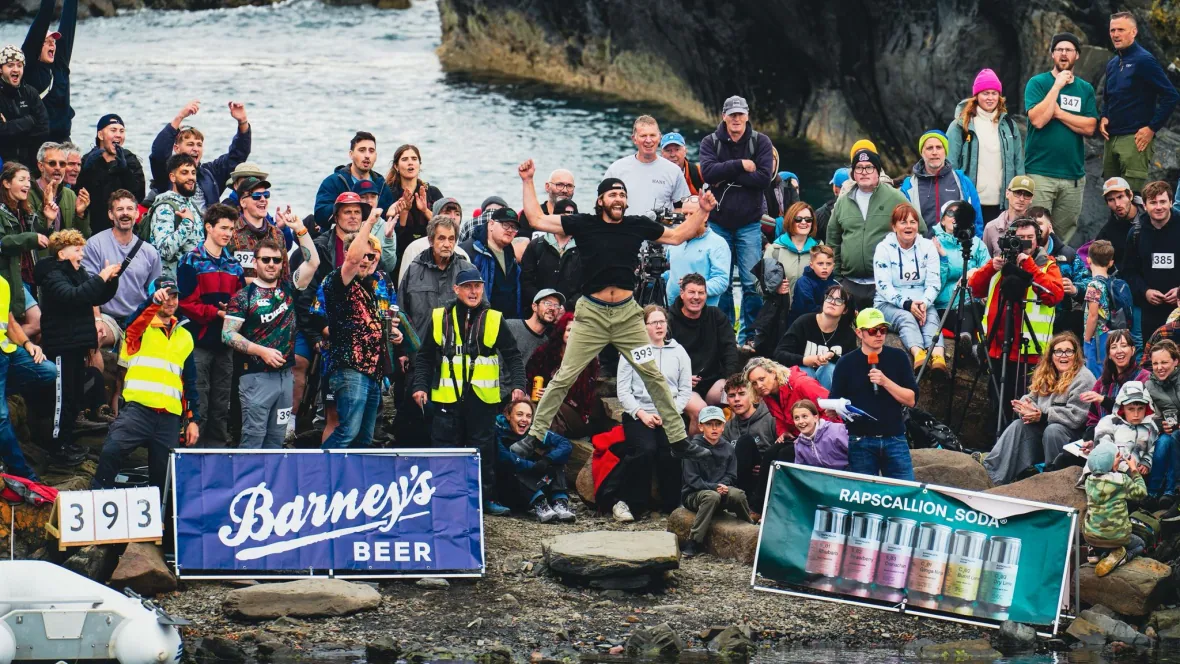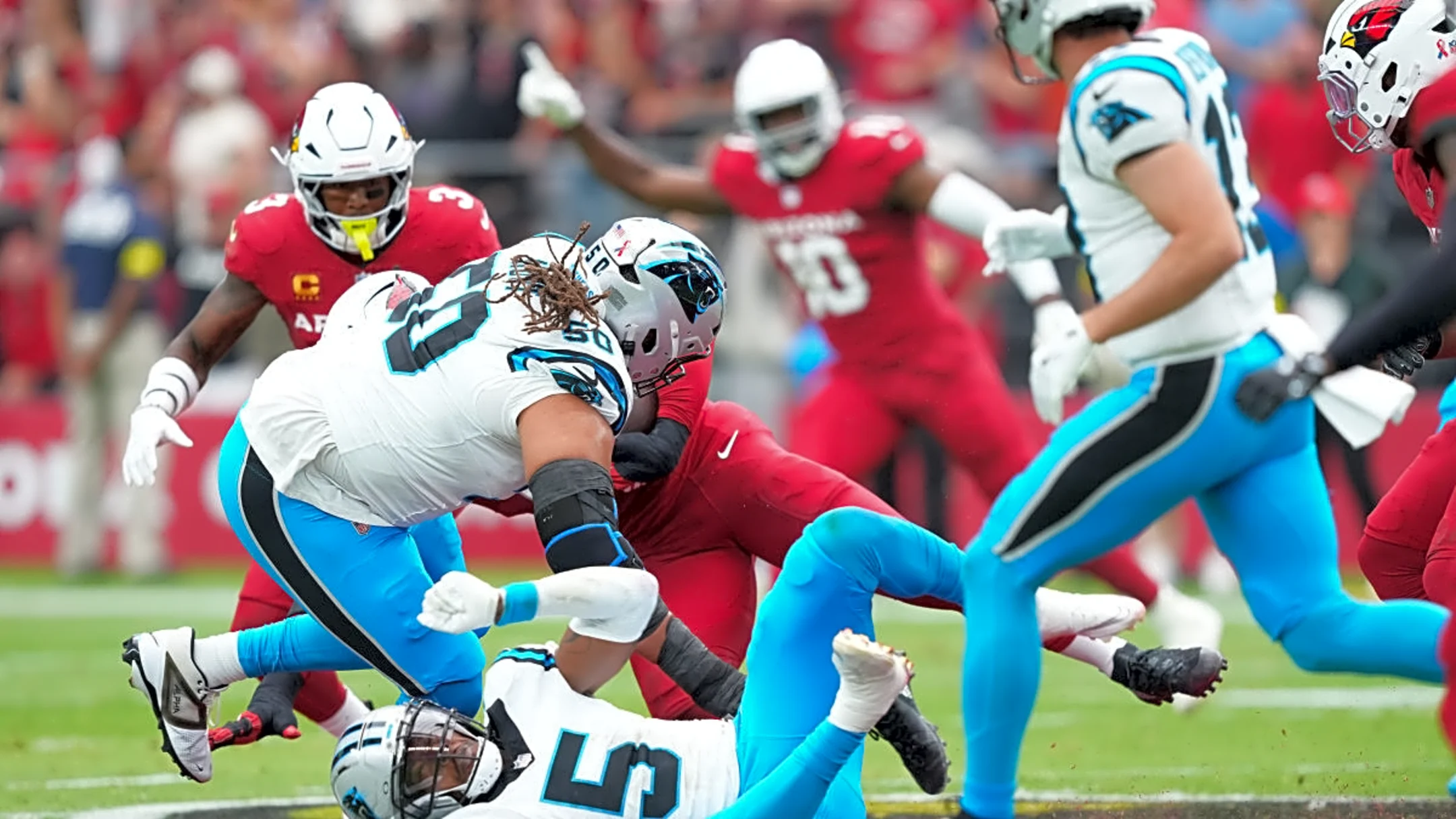By Kayla McLean
Copyright cbc

At the World Stone Skimming Championships off Scotland’s west coast, hundreds of contestants go the distance to be crowned champion.
But at this year’s event, on the tiny car-free island of Easdale, some contestants went a stone’s throw too far.
Organizers say a handful of overly zealous stone skimmers cheated by doctoring their stones.
That contravenes one of the rules of the competition that states the stones must be “naturally formed” on Easdale. Another rule states that the stones “cannot be wider than three inches at their widest point.”
“They must all pass through our measuring device, which is called the ‘ring of truth,'” Kyle Matthews, organizer and official “toss master” of the event, told As It Happens host Nil Köksal.
But Matthews says the stones in question were “suspiciously round.”
“The competitors had taken larger stones from the island, and they had ground them down so that they were perfectly shaped and perfectly circular and fitted the ring of truth almost too exactly,” he said.
Stone skimming is the art of throwing a stone across a body of water so that it bounces or skims the surface, maximizing the distance the stone travels before it sinks. It’s not to be confused with stone-skipping, which focuses on the number of bounces over total distance, Matthews says.
There’s something very pure … and very satisfying watching stones skim across the water.- Kyle Matthews
Matthews, who provides commentary for the event, did not say how many of the over 400 competitors cheated. But he says of the over 1,200 stones he watched being thrown, the cheaters’ doctored stones “slipped past his hawk-like vision,” and he only found out about them after the event when other skimmers reported that there had been some “nefarious shenanigans.”
“They just spotted the competitors using them,” said Matthews. “And then when I brought it to the attention of the people in question, they held their hands up, admitted their mistake and accepted the disqualification, which was the ultimate punishment.”
While reluctant to give the exact details of their conversation, citing confidentiality concerns, Matthews added that the disgraced competitors “expressed their sorrow, sadness and apologized for bringing the sport into disrepute.”
Jon Jennings, who won the top two prizes, said he noticed some competitors’ stones “that seemed a little too perfect.” He became the tournament’s first American winner after skimming his stones a cumulative distance of 177 metres.
“I think that it’s one of those fair statements that, you know, cheaters never win and winners never cheat,” he said.
Despite the lengths these competitors went to, the only prize for the competition is a trophy — although Matthews believes there was something more intangible at stake.
“It was that shot of skimming immortality,” said Matthews. “The taste of victory was too sweet and the desire to hold up the Donald Melville trophy, which is what the winner wins, clearly had overcome them. And do you blame them? In many ways, I’m flattered.”
Skimmers from 27 countries competed
Born from a local pastime, the event was first organized by former Easdale resident Albert Baker in 1983. After a break, it was resurrected in 1997, this time organized by Donald Melville, who served as toss master until his retirement in 2019, when Matthews says he took over the event.
The tournament has only grown in popularity, with competitors from 27 different countries participating this year alone — including two Canadians.
Jennings, who runs stone-skipping competitions back home in Kentucky, says while the scandal itself is unfortunate, he can’t help but notice how it’s helped to boost the sport’s profile.
“There’s something very pure … and very satisfying watching stones skim across the water,” said Jennings.
“It transcends all social and economic barriers, because no matter how little money you make or how much money you make, you can go to a body of water and throw a stone in there and see if it’ll skip.”



